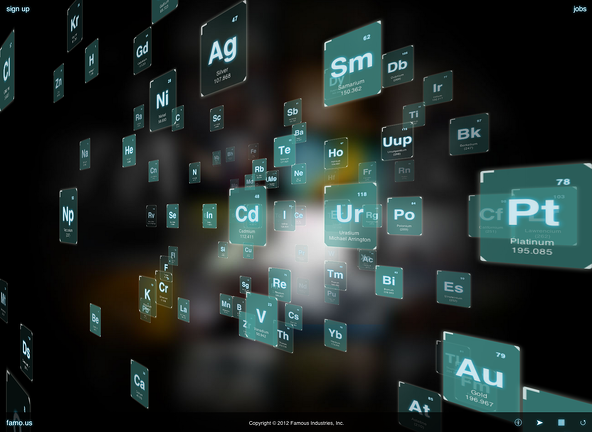Apps get a lot of press and attention. But new technologies are about to change mobile as we know it.
Here are five futuristic technologies that are poised to transform how we interact with our mobile phones and what they know about us, squarely positioning the mobile phone as our most essential digital device.
Next Generation 3D HTML5 Frameworks
What if the nature of interaction design changed so that instead of just using scroll and swipe, designers were able to zoom, spin, and twist? For example, would Pinterest be more interesting if we could zoom in to uncover stories rather than just scrolling?
Next generation HTML5 frameworks, becoming available in the coming months, will make these immersive experiences possible by leveraging everything from game mechanics, physics engines, and CSS animations, to platform-specific trickeries like hardware acceleration. All this will be available without having to learn complex game engines or worrying about cross-platform compatibility.
Checkout famo.us and Subatomic Systems, two such companies creating these frameworks, and imagine the possibilities!
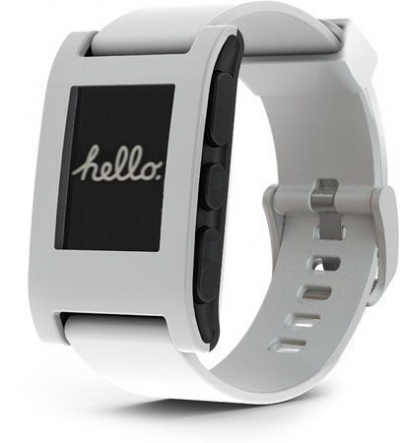
Mobile SDK’s From Wearable Gear Providers
Would Zappos’ app be able to provide better shoe recommendations if it knew my walking habits, or would Walgreen’s app give me better OTC medicine recommendations if it knew my sleep cycle?
Hyper personalization will make these kinds of scenarios a reality. The rapid adoption of wearable technology and mobile SDK’s that come bundled with wearables like Pebble will enable mobile apps to get access (with proper privacy controls) to even deeper user context. Access to user information and context will create more personalized mobile experiences. In the not too distant future, your mobile device could know you better than you know yourself.
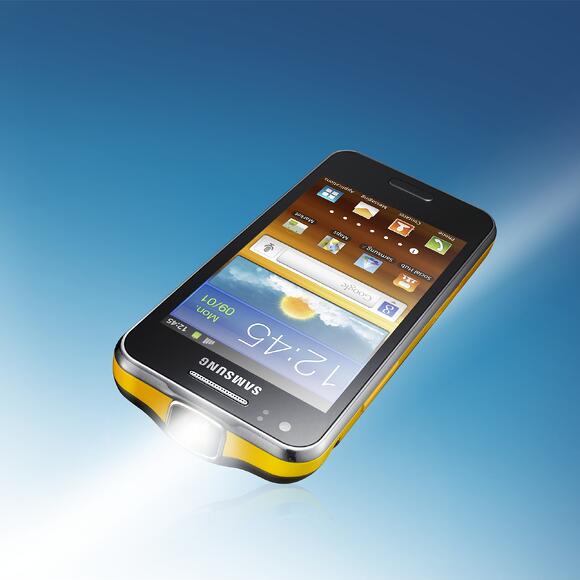
PICO Projectors Integrated Into Mobile Devices
Imagine a shopping experience where you could project your dress next to the perfect pair of shoes to complete your look, or project that couch you are considering into your living room.
Pico projectors integrated with smartphones will enable these kinds of experiences by converting any surface into an instant screen. This isn't science fiction; Samsung has already done it, and Apple has filed patents indicating they may soon follow the same path. The possibilities are endless.
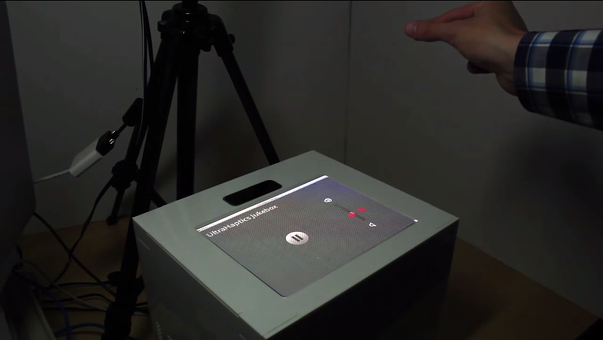
Advanced Gesture Controls
Imagine a car game on your mobile device where you feel the steering wheel and are able to control it mid-air or feel the terrain on your touch screen while seeing a map on your mobile device.
Advanced Haptic systems from Bristol, Microsoft, Disney and others bring the “sensory” experience of touching an object to the digital world. Through the use of ultra sound impulses, or electro-vibration-based display, the user (or really, the brain) can be tricked into thinking there is dimensionality to the object beneath the display. Soon we’ll be one step closer to bridging the gap between the physical and digital worlds.
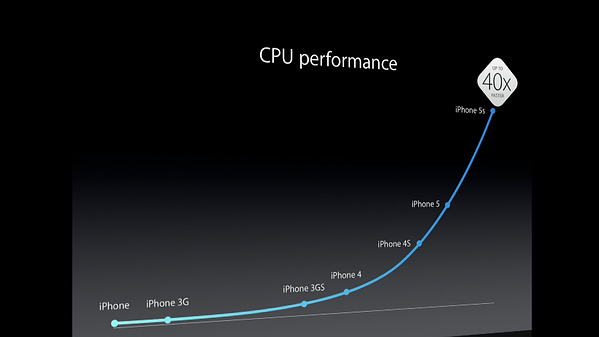
Super Sonic Speeds
Apple’s latest iPhone 5s has a 64 bit processor that is 40x faster than the original iPhone. That’s almost PC-like power in a very small device. In addition, data compression technologies from companies like AlgoTrim (recently acquired by Apple), decrease network data by as much as 50%. This kind of processing power and data compression will enable mobile to take center stage and become the brain for the “digital connected self” ecosystem.
Are you ready for the future of mobile?
Vishal Agarwal is CTO at BeyondCurious, Inc.

